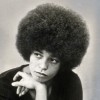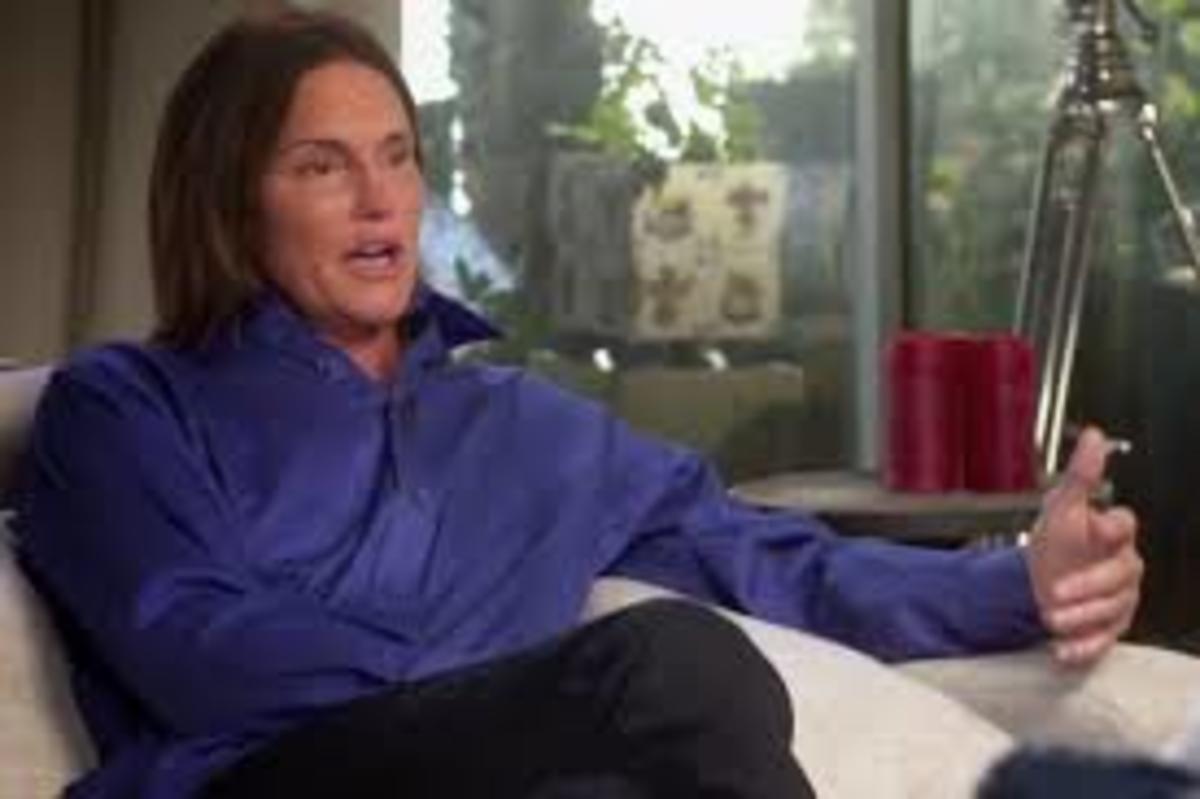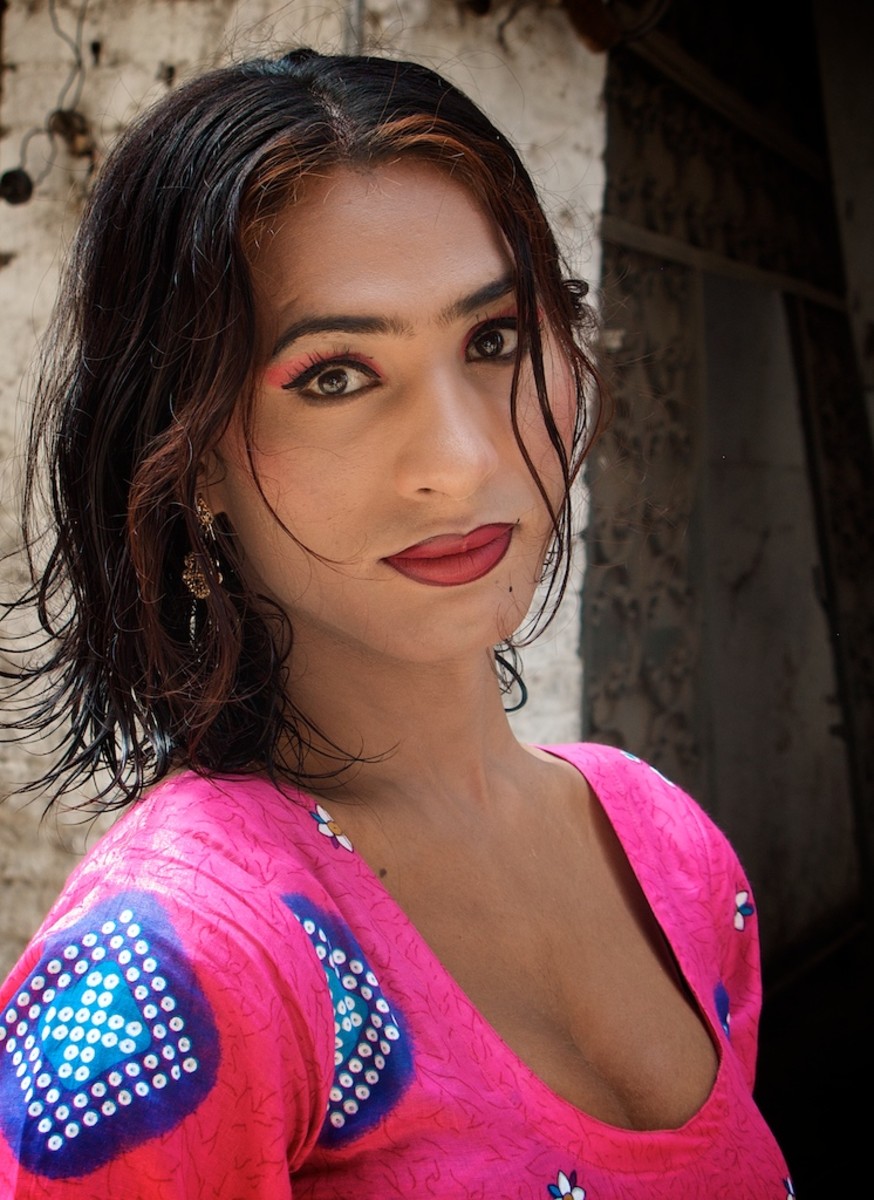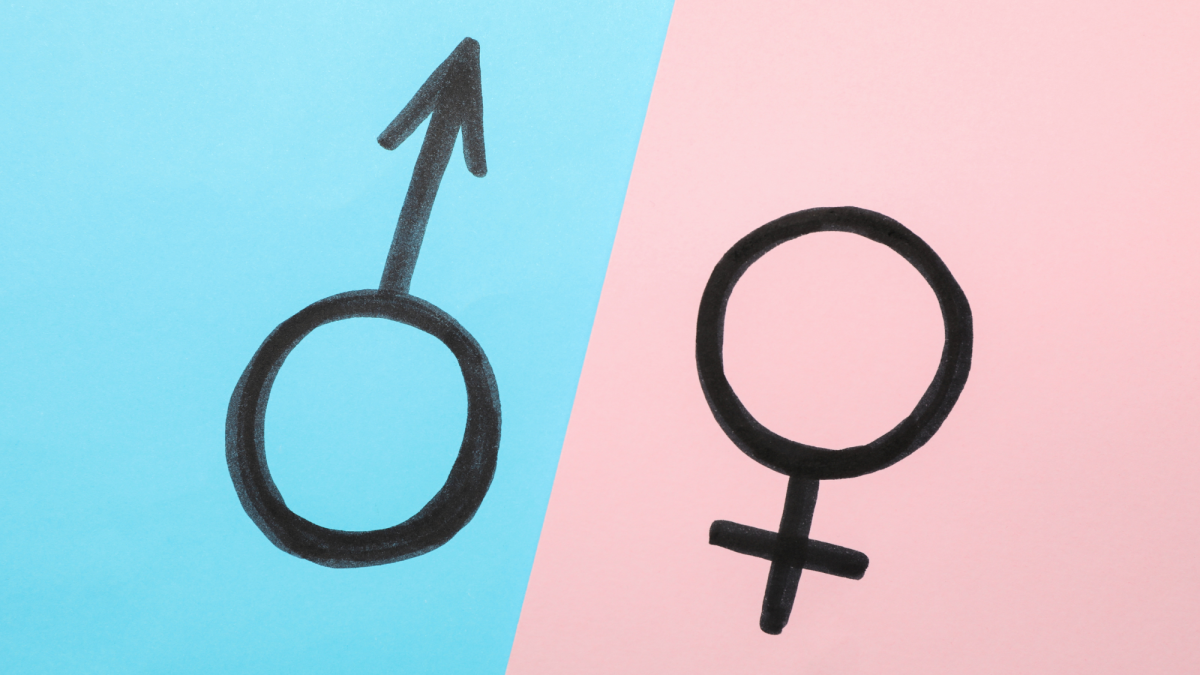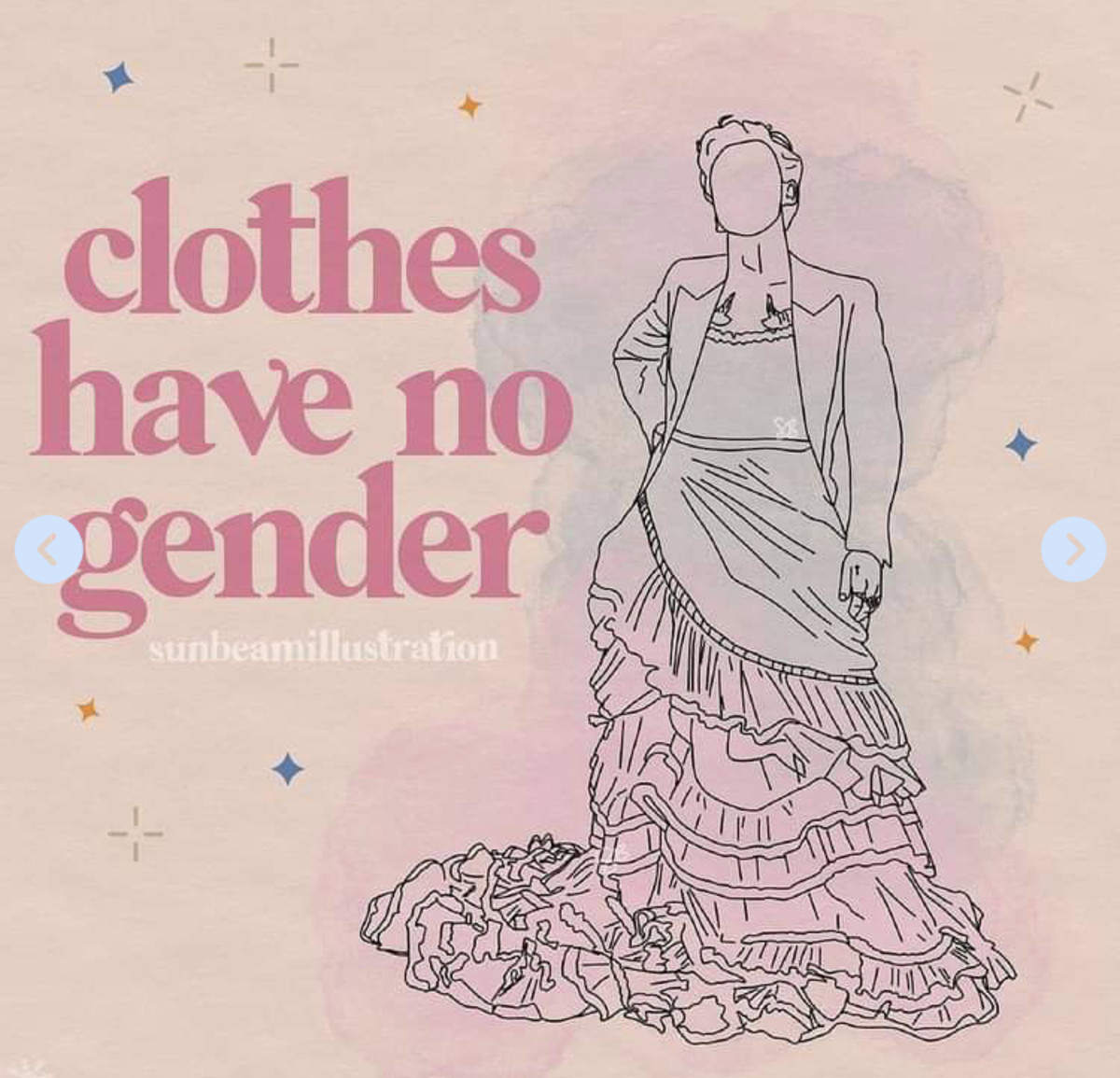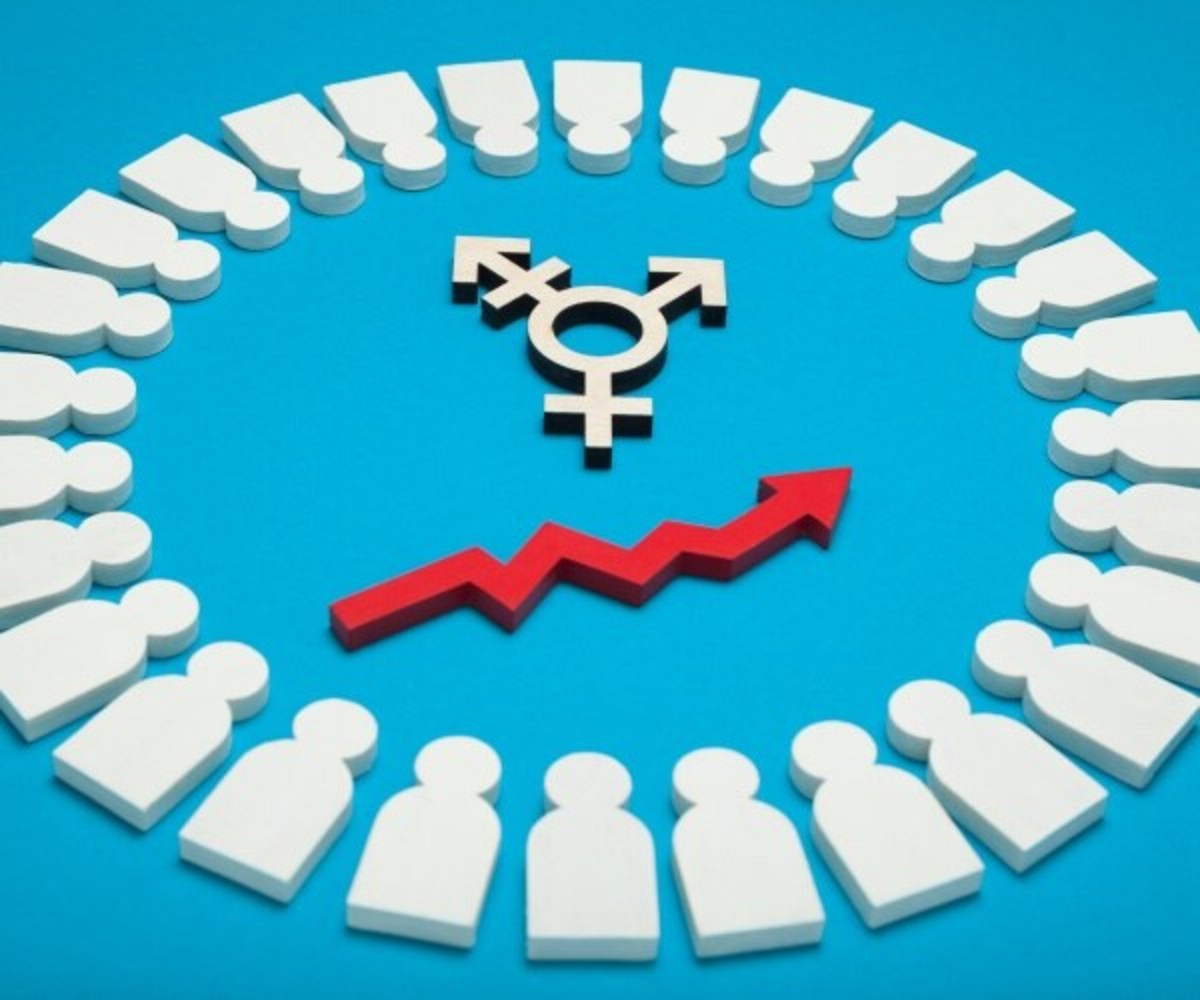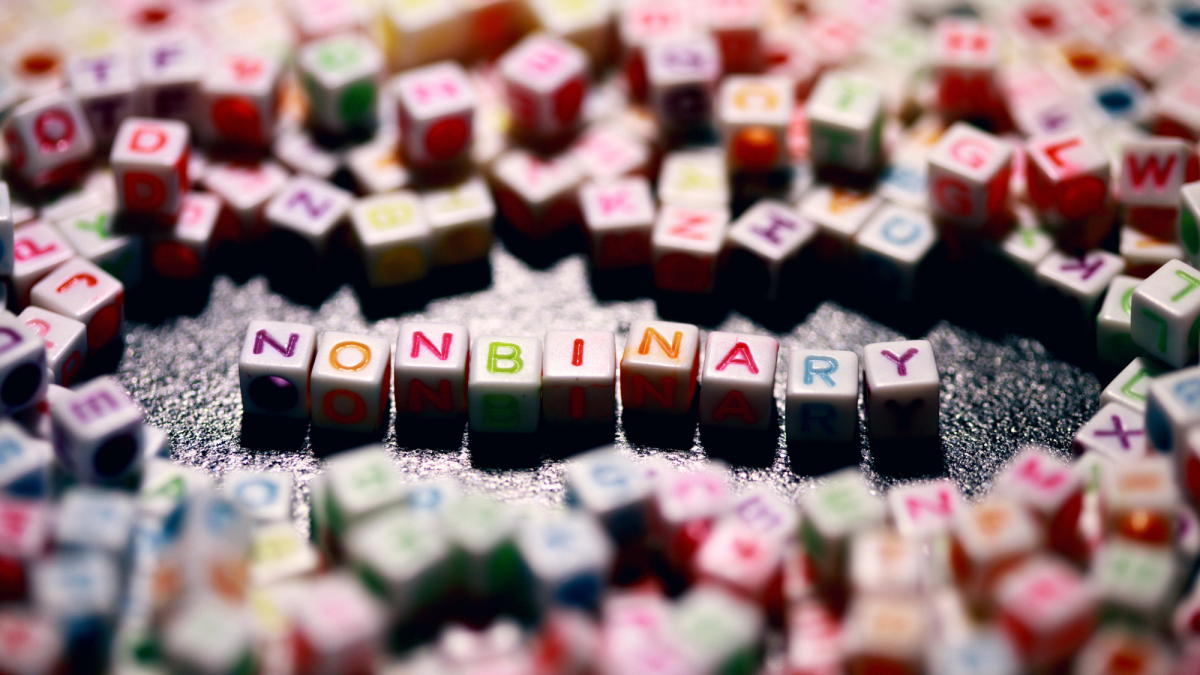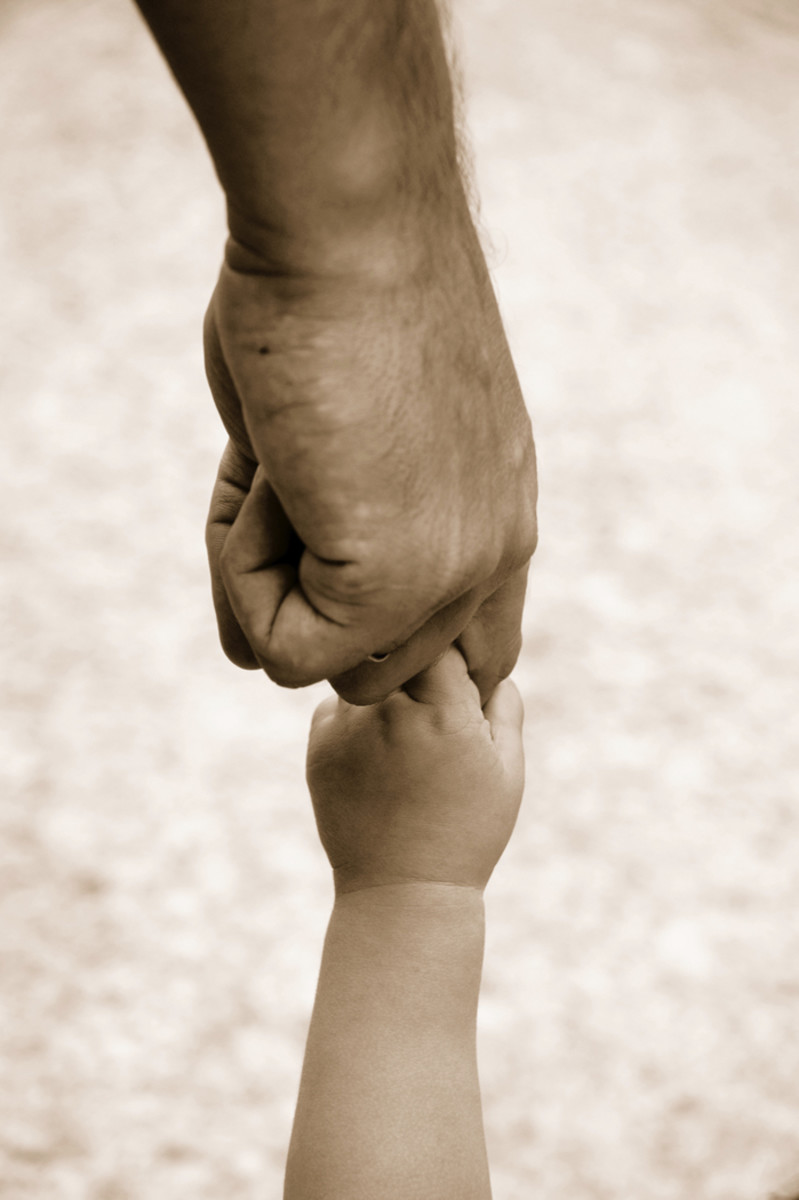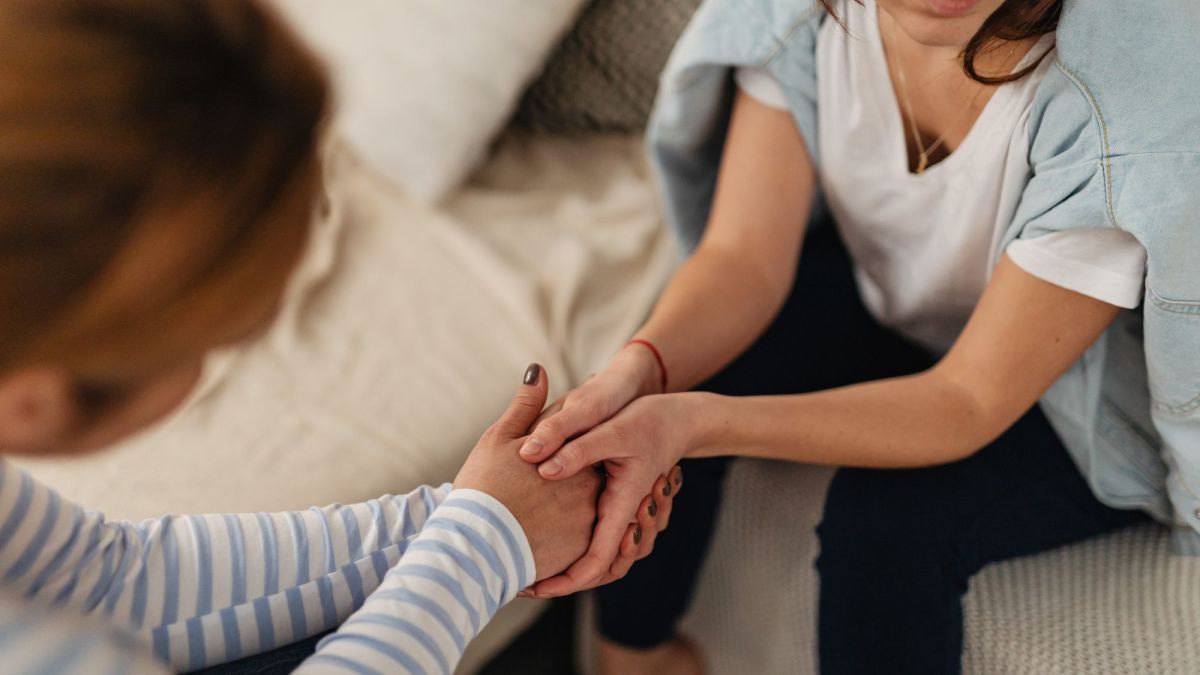Laverne Cox and the Trans Pedagogy
Laverne Cox.
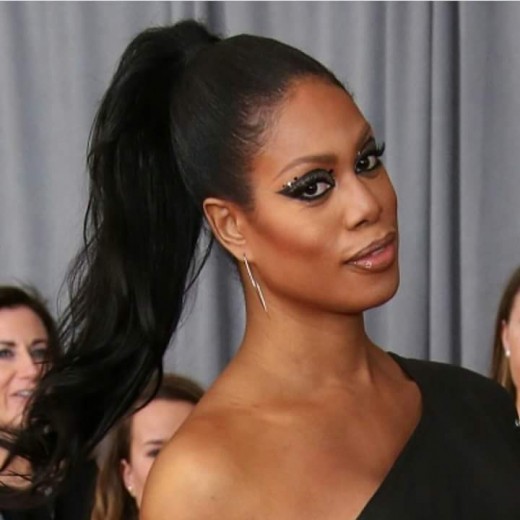
Laverne Cox.
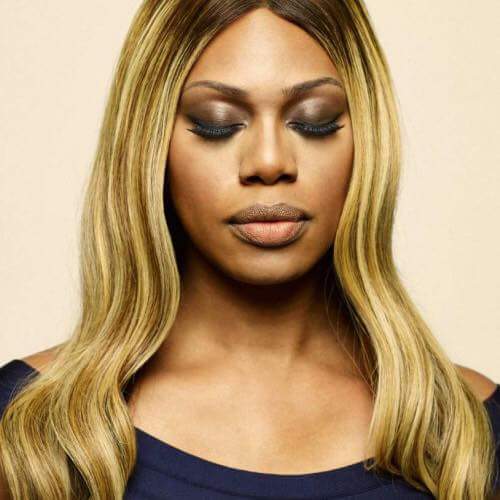
They Needn't Be The Same To Be Important.
On March 11, 2017, Orange Is the New Black star and transwoman Laverne Cox posted tweets responding to novelist and feminist Chimamanda Ngozi Adichie's interview about transwomen. In the Channel 4 interview, Adichie was asked if transwomen were real women. Adichie said:
"When people talk about 'Are transwomen women?' my feeling is that transwomen are transwomen. I think the whole problem of gender in this world is about our experiences, it's not about how you wear your hair or whether you have a penis or a vagina, it's about the way the world treats us. And I think if you've lived in the world as a man with privilege that the world accords to men, and then sort of changed, switched gender, it's difficult for me to accept that then we can equate your experience with the experience of a woman who has lived from the beginning in the world as a woman, and who has not been accorded those privileges that men are. And so, I think there has to be - and, of course, to say this - I'm saying this also with sort of certainty that transgender people should be allowed to be. But, I don't think it's a good thing to conflate everything into one. I don't think it's a good thing to talk about women's issues being exactly the same as the issues of transwomen, because I don't think that's true."
Adichie's words were blown out of proportion by transwomen, supporters, and activists alike. They condemned Adichie for explaining sociology isn't biology and that men and women have different realities. They expressed outrage and said Adichie couldn't be a feminist. And, most of all, that transwomen don't gave male privilege.
(Below will be the tweets posted by Cox. And, to avoid confusion, I will be using the pronouns he, him, and himself - Cox's biological pronouns.)
Tweets One, Two, and Three
1. Cox's first two tweets: "I was talking with my twin brother about whether he believes I had male privilege growing up. I was a very feminine child though I was assigned male at birth. My gender was constantly policed. I was told I acted like a girl and was bullied and shamed for that."
The first thing Cox fails to do is mention his brother's opinion. So, as a reader, I don't whether Cox's brother had a different viewpoint or not. Also biological sex isn't assigned at birth. A doctor doesn't wait until the birth of a baby to assign a sex, but declares to the parents if they have a boy or girl. Names are assigned at birth, or sometimes afterward, but not sex. Then, Cox immediately launches into how he was a feminine child and called a girl. Equating femininity with being a girl is rooted in patriarchy and sexism itself. Even the epithet "acts like a girl" suggests inferiority in boys, because the worst thing they can be is a girl. But, somehow, Cox felt nature had it wrong, because of hyper masculinity.
2. Cox's third tweet reads: "My femininity didn't make me feel privileged."
This is a direct contradiction to his earlier words. Cox suggests that there's a problem being an effeminate male, but defines femininity by dressing (in a dress and heels) and acting as a stereotypical woman. He believes that femininity is a womanly trait and expresses his sex in that fashion. However, on a social level, Cox wasn't treated as a girl, so this is an extension of male privilege.
Remaining Third Tweet As Well As Fourth and Some of Fifth
3. In the remaining part of the third and fourth tweet, Cox continues with: "I was a good student and was very much encouraged to do that, but I saw cis girls who showed academic promise being nurtured in the black community I grew up in in Mobile, Ala."
Probably on a micro scale, this could be true. But it doesn't mean girls have privilege because some were nurtured to strive for better. Cox shows how little he knows about the treatment of girls and women globally. Boys are afforded education and are treated better than girls. Men are even taken more seriously on a professional level over women. Girls are more prone to sex trafficking and prostitution. In India, many families abort the fetus when an outline of a labia shows on an ultrasound. In China, millions of female fetuses have been aborted as well as left to die. So, on a larger scale, girls are disadvantaged and considered burdensome because they're girls.
4. Cox's fourth and fifth tweet says: "Gender exists on a spectrum & the binary narrative which suggests that all transwomen transition from male privilege erases a lot of experiences and isn't intersectional."
Yes, there are such things as masculine women and effeminate men, but they are still women and men no matter what they wear or how they act. However, transwomen are born male, which means the privilege is at birth. Males don't experience girlhood, or sexual development as female.
As for the term intersectional, in the realm of feminism, it was coined Kimberle Crenshaw. Crenshaw's purpose was to include black women in feminism. So intersectional feminism embodies black women, black lesbian women, black disabled women, and so forth. Perhaps instead of hijacking a cause for women, Cox and other trans activists need to create their movement and platform.
Remaining Fifth Tweet As Well As Sixth, Seventh, and Eighth
5. In Cox's fifth and sixth tweet: "Gender is constituted differently based on the society we live in. There's no universal experience of gender, of womanhood."
This is what's truly problematic and absurd about no universal experience of womanhood. Too many transwomen use this rhetoric as a way of erasing a girl's growth into womanhood. They seem to think, as women, no two are alike, therefore, it means biology and experience aren't factors.
Of course, women aren't a monolith as far as beliefs, faiths, choices, skills, body type, or gender expression. But, globally, girls and women do have an unspoken bond and share a special kinship that transcends space, time, language, race, and religion. Women are responsible for the welfare of their families, cooking, cleaning, and tending to the needs of others before themselves. Women are also treated second to men. These aren't generalizations either, but social roles and expectations based on sex.
6. The rest of six, seven, and eight reads: "To suggest that is essentialist and not intersectional. Many of our foremothers cautioned against such essentialism & and not having an intersectional approach to feminism."
Essential feminism challenges the idea that only men can be masculine and only women can be feminine, or that there are biological innate traits that make men superior and women inferior. If Cox truly believed in flexible traits between men and women, why does he adhere to essentialism?
With the mention of intersectionality yet again, I'm lead to believe that Cox intentionally misapplied intersectionality to mislead the masses and to prop up transgender propaganda. Intersectionality doesn't mean men reshaping feminism on their terms, it's black women adding to the dialogue.
Regarding our "foremothers" Cox fails to note any of those names. Women like Susan B. Anthony and Elizabeth Cady Stanton weren't championing for black women. But Harriet Tubman, Ida Wells Barnett, and Sojourner Truth were. This is a straw man and binary Cox subscribes to.
7. Eight reads: "Class, race, sexuality, immigration status, education all influence the ways in which we experience privilege."
Cox isn't making any sense here. What was a conversation and dialogue about male privilege has shifted to everyone having privilege. Usually when someone makes sweeping generalizations, it's because they know their argument is weak, they don't have enough information on it, or they don't want to discuss it. Up until this point, he hasn't made any compelling arguments that buck the trend of social constructs, patriarchy, or gender. But he has misused feminism and feminists ideologies to suit detrimental principles in the trans community.
The Ninth, Tenth, and Eleventh Tweets
8. Nine reads: "So though I was assigned male at birth I would contend that I did not enjoy male privilege prior to my transition."
As I said earlier, boy babies aren't assigned a sex at birth. Doctors don't go through a list options and decide to who's male and female. Cox, like so many transwomen, makes it seem like male privilege is something that can be purchased and return if the person isn't satisfied. In the beginning Cox implies that he didn't have male privilege for being an effeminate child, but now says he did have male privilege. It doesn't matter if he "enjoyed" it, he was born in to it. Cox could have reshaped the narrative of boys who were like him and showed them there's strength and beauty being vulnerable and it doesn't reduce their manhood.
The fact that Cox can adopt a female name, dress as a woman, railroad his way into women's spaces, and coerce others to believe he is a woman without question is male privilege. A woman couldn't do that and expect the same acclaim nor could a transman. The same crowd heralding Cox don't recognize Chaz Bono for doing the same. Matter-of-fact, the same kind of attention occuring with transwomen in women's spaces is quite silent on the end of transmen in men's spaces.
9. Nine, ten, and eleven reads: "Patriarchy and cissexism punished my femininity and gender nonconformity. The irony of my life prior to transition I was called a girl and after I am called a man."
Yes, patriarchy punished Cox's femininity. But cissexism (prejudice or discrimination against trans people) didn't punish his gender nonconformity. If he was really a gender nonconformist, Cox would've been comfortable wearing heels and dresses as a man. Instead Cox likely felt it's "easier" being a woman and feminine rather than being an effeminate man.
Also being called a girl doesn't mean a boy is one. All this statement says is that there's a problem with being a little girl. Cox even said he was called a man, which indicates Cox was still seen as and treated like a man.
10. Eleven and twelve reads: "Gender policing & the fact that gender binaries can only exists through strict policing complicates the concept gendered privilege & that's okay cause it's complicated."
I guess the answer is to over complicate gender policing is to create and add more fake gender labels to this spectrum. In the LGBTQIA+ community, they've invented over four dozen different gender identities. Some of them are agender, bigender, trigender, pangender, genderqueer, and neutrois. Sex and gender don't mean the same thing.
Tweets Twelve, Thirteen, Fourteen, and Some of Fifteen
11. Twelve and thirteen reads: "Intersectionality complicates both male privilege and cis privilege. This is why it is paramount that we continue to lift up diverse trans stories."
It seems like the trans community should read about notable feminists and intersectionality and stop encouraging their supporters and activists to shame others who disagree. I've yet to see transwomen or those on their side advocate for issues affecting girls and women, but expect others do to so for them. They've managed to manipulate a movement that's helped achieved political equity for women and turn it upside down to control women. And then turn a blind eye to women's issues, but root for women protecting natal men who identify as women.
12. Thirteen, fourteen, and fifteen reads: "For over 60 years since Christine Jorgensen stepped off the plane from Europe and became the first internationally known trans woman the narrative about trans folk in the media was one of the macho becomes a woman. That certainly not my story or the stories of many trans folk I know."
I read about Jorgensen who felt like he was born in the wrong body and was repulsed by homosexuality. Jorgensen found a way to "correct" nature: hormones and surgery. However, Jorgensen wasn't accepted as a woman by men and had a difficulty finding love. So, despite on some scale Jorgensen was accepted as a woman, but men weren't interested in a trannsexual. He had a lonely life and drank and succumbed to cancer at 62.
Jorgensen publicized the toxic tone set now - a man who feels he's in the wrong body, opts to change it, thereby, "fixing" the problem. Jorgensen also felt he was merely a barren woman, believing that to be the thing separating him from a one - a reasoning used by transwomen who have had surgery.
Women are born with the reproductive organs to sustain life - transwomen aren't. And women who can't have children often have reproductive health problems. But thanks to pedagogies like Jorgensen's, women aren't adult human females by way of DNA, and those unable to have children must be like transwomen. Jorgensen was, in fact, a barren man as well as transwomen who have had sex reassignment surgery.
Remaining Fifteenth Tweet and Sixteenth
13. Fifteen and sixteen reads: "The narrative works to reinforce binaries rather than explode them. That explosion is the gender revolution I imagine,one of true gender self determination."
The irony is that Cox reinforces a gender binary. Jorgensen did as well. They both feel, or felt, like "women," and went through great lengths to achieve it physically. That isn't revolutionary at all: changing oneself to parody another and think that it won't be fraught with baggage or complications. Changing one's body to achieve a more authentic self, is, in fact, inauthentic. And until they realize that, they're just spinning their wheels and cause more damage.
What This All Translates To
Everything Cox responded to about male privilege compliments the point of Adichie's words. He wasn't born in a female body. He wasn't told what he couldn't do because he was boy. He wasn't told to sit with his legs crossed, or help in the kitchen. He didn't develop breasts as a teenager, or get unwanted stares from men for having a shapely body. He wasn't taught his body made men do stupid things.
Cox clearly illustrates he was a boy who didn't fit the mold of masculinity and was demonized for it. And, perhaps the pain hurt so much, he starting working with the system that stifled his emotional growth instead of working to dismantle it. What does that say to men who grew up like Cox or gay ones who are currently struggling with their manhood? It shows inorder to be validated one must stop being their true self. And if one doesn't have money to fix it, misery follows.
Honest talks need to exist about manhood and womanhood, especially in the trans community. Being a man or who woman has everything to do with biology and experience - not gender expression and feelings.
Adichie Interview
- Chimamanda Ngozi Adichie Interview - YouTube
“Do not define yourself solely by motherhood. Be a full person”. The writer Chimamanda Ngozi Adichie’s advice to her friend Ijeawele about how best to raise ...
Laverne Cox's Twitter
© 2017 AP Petty
